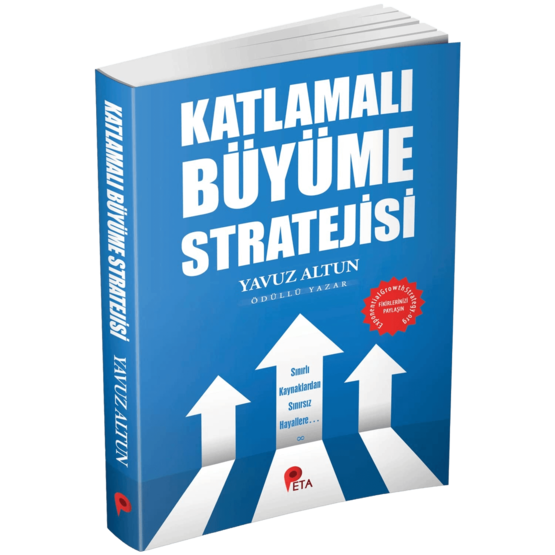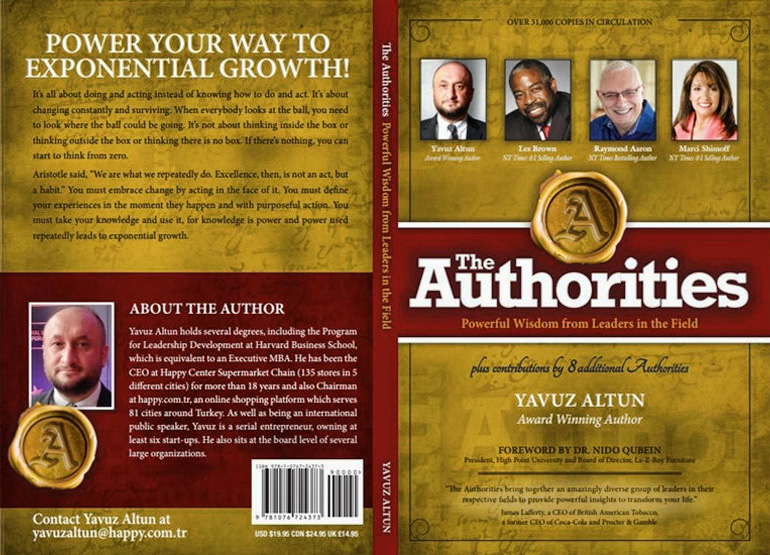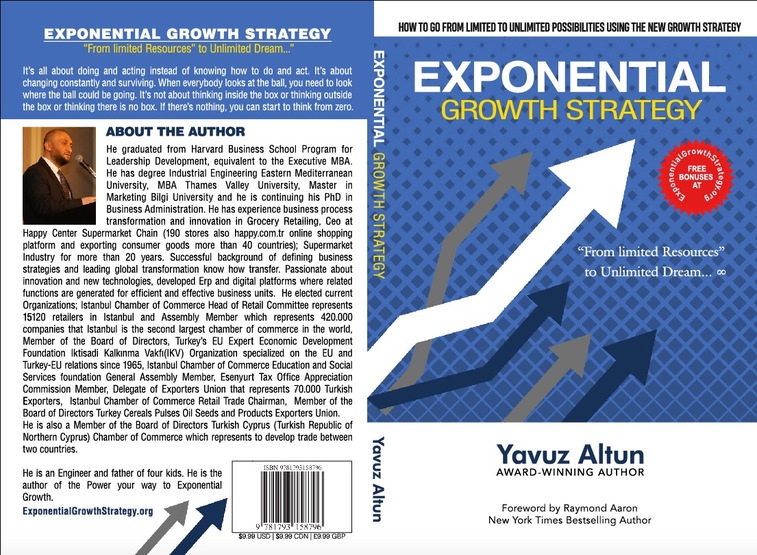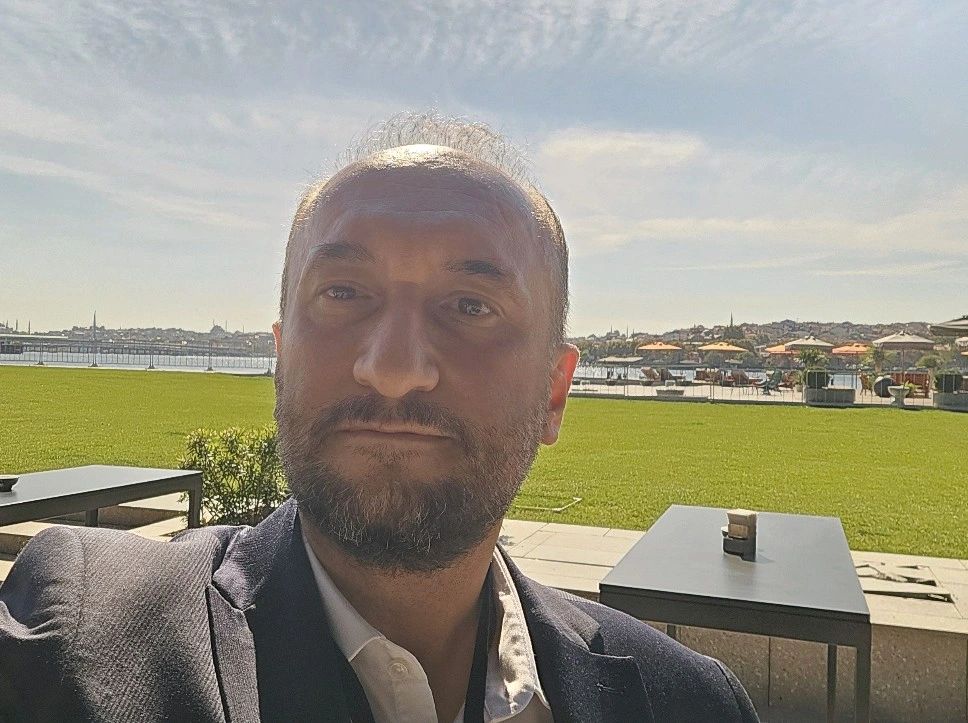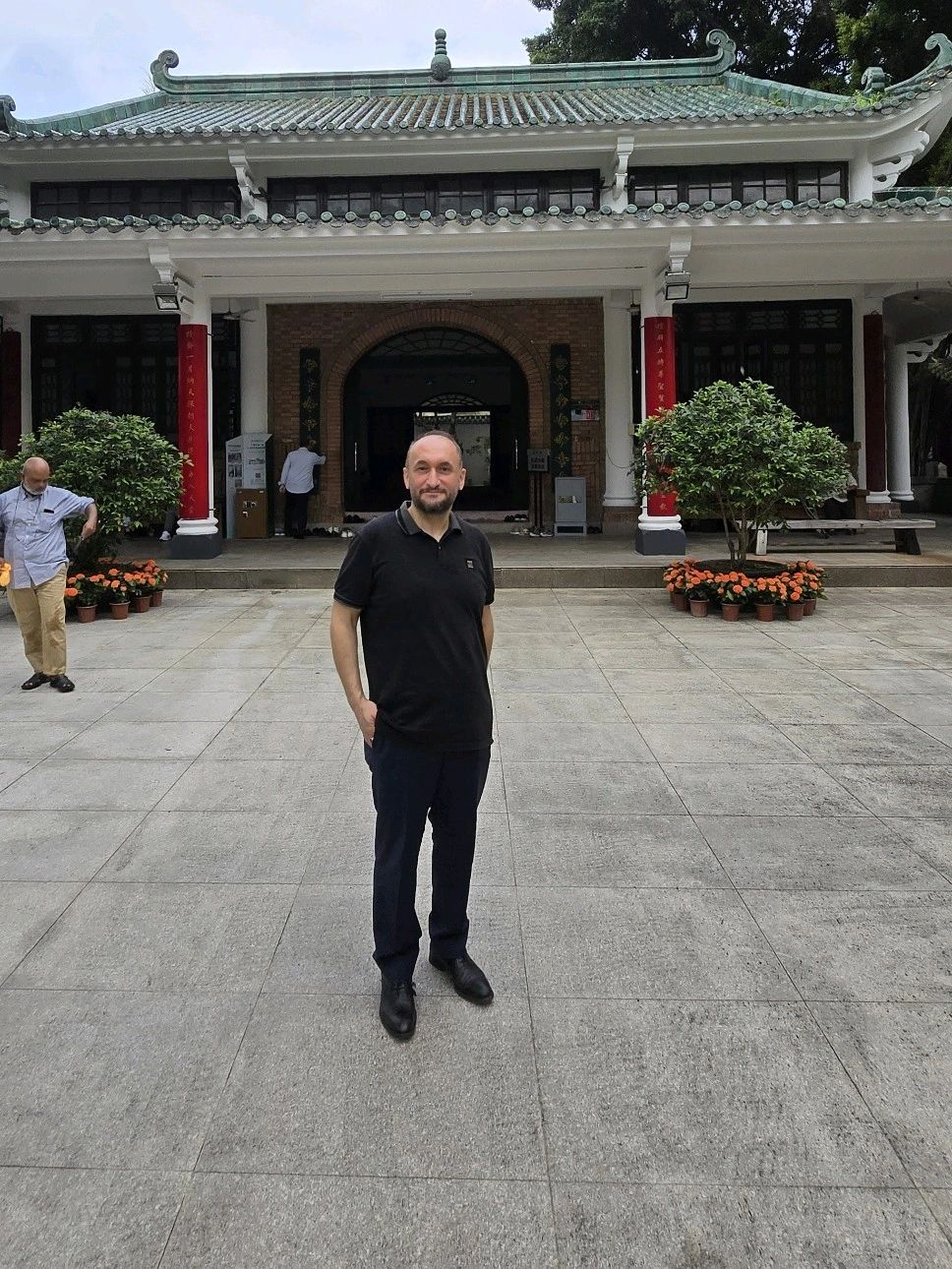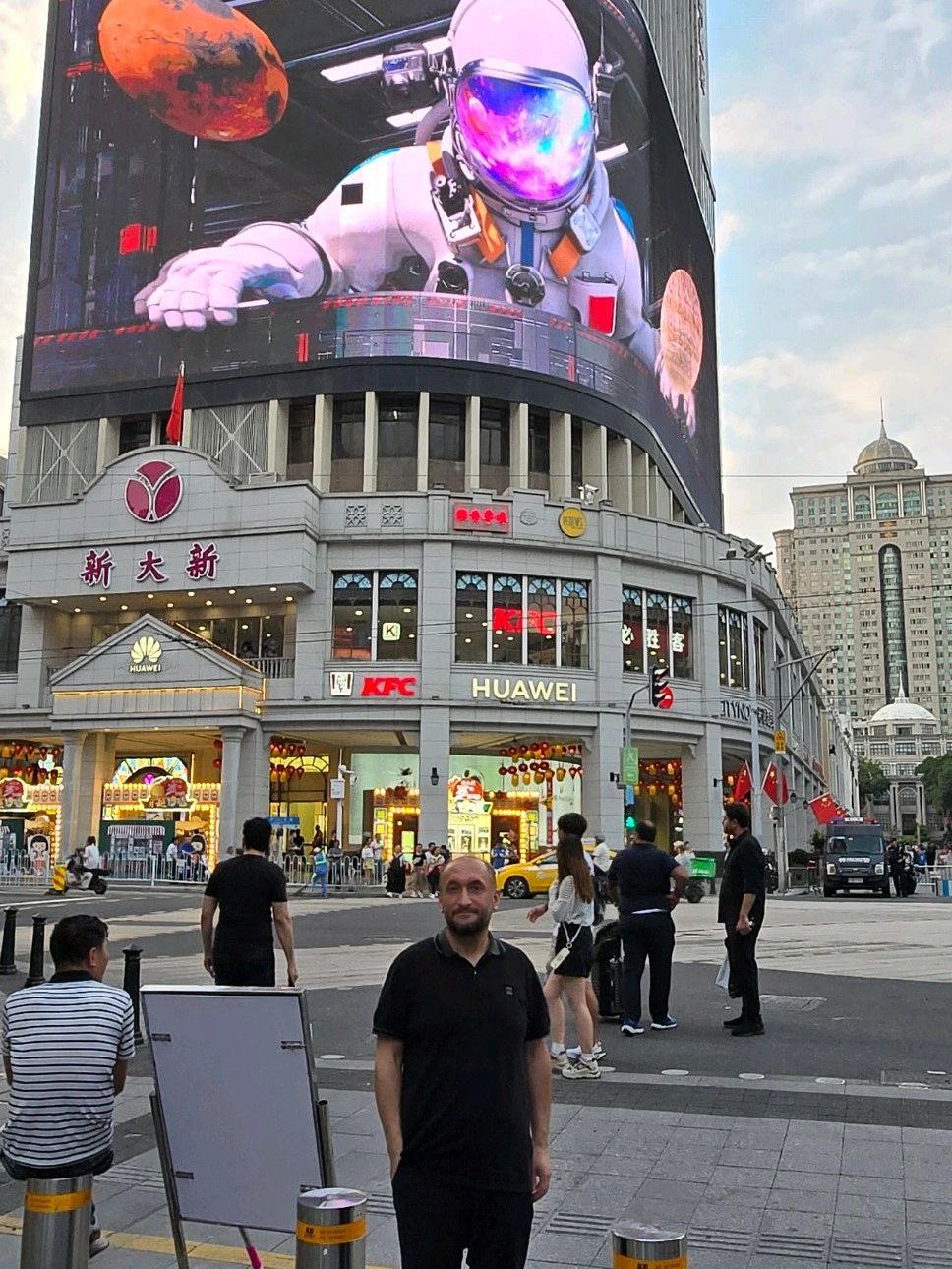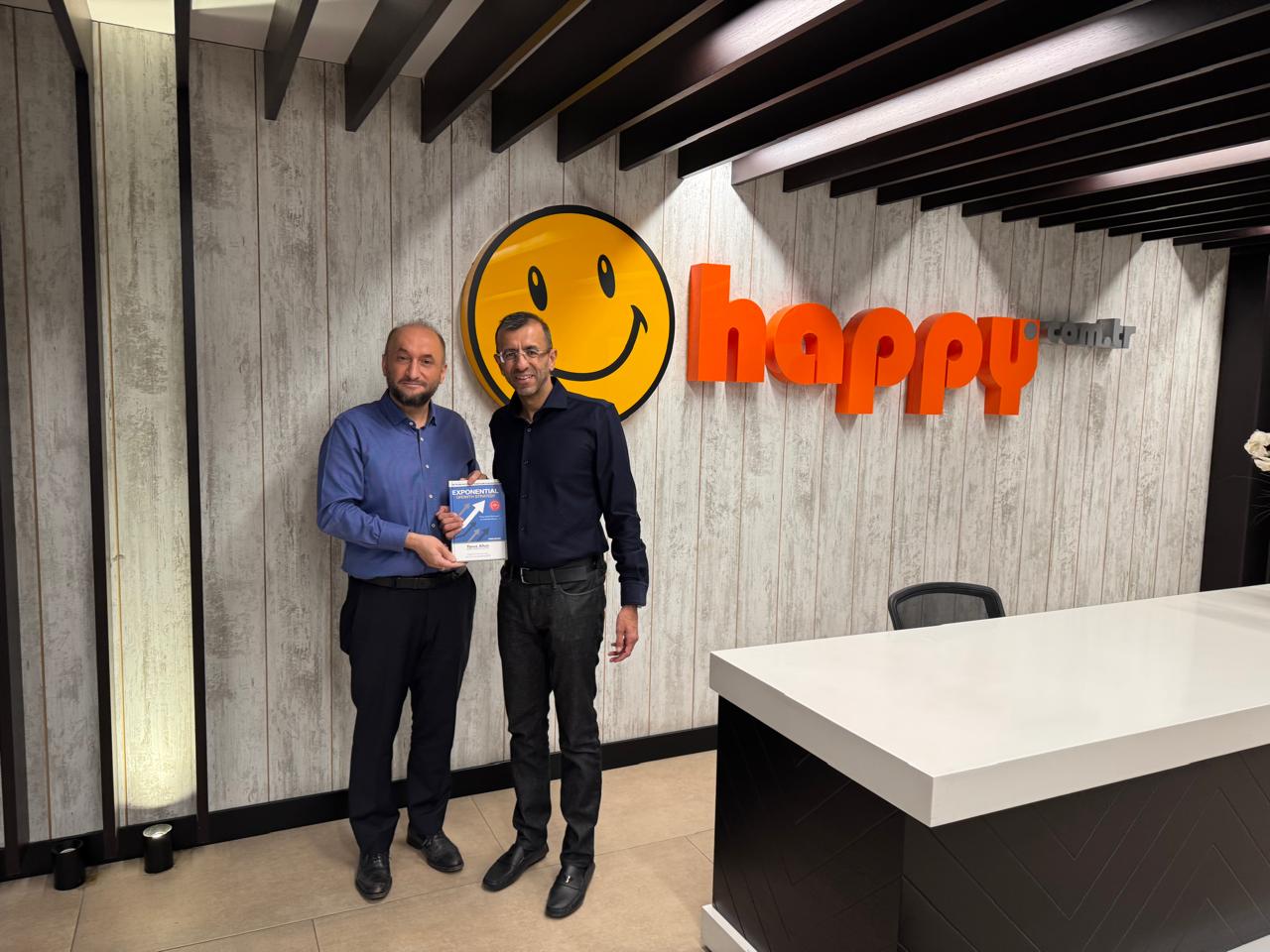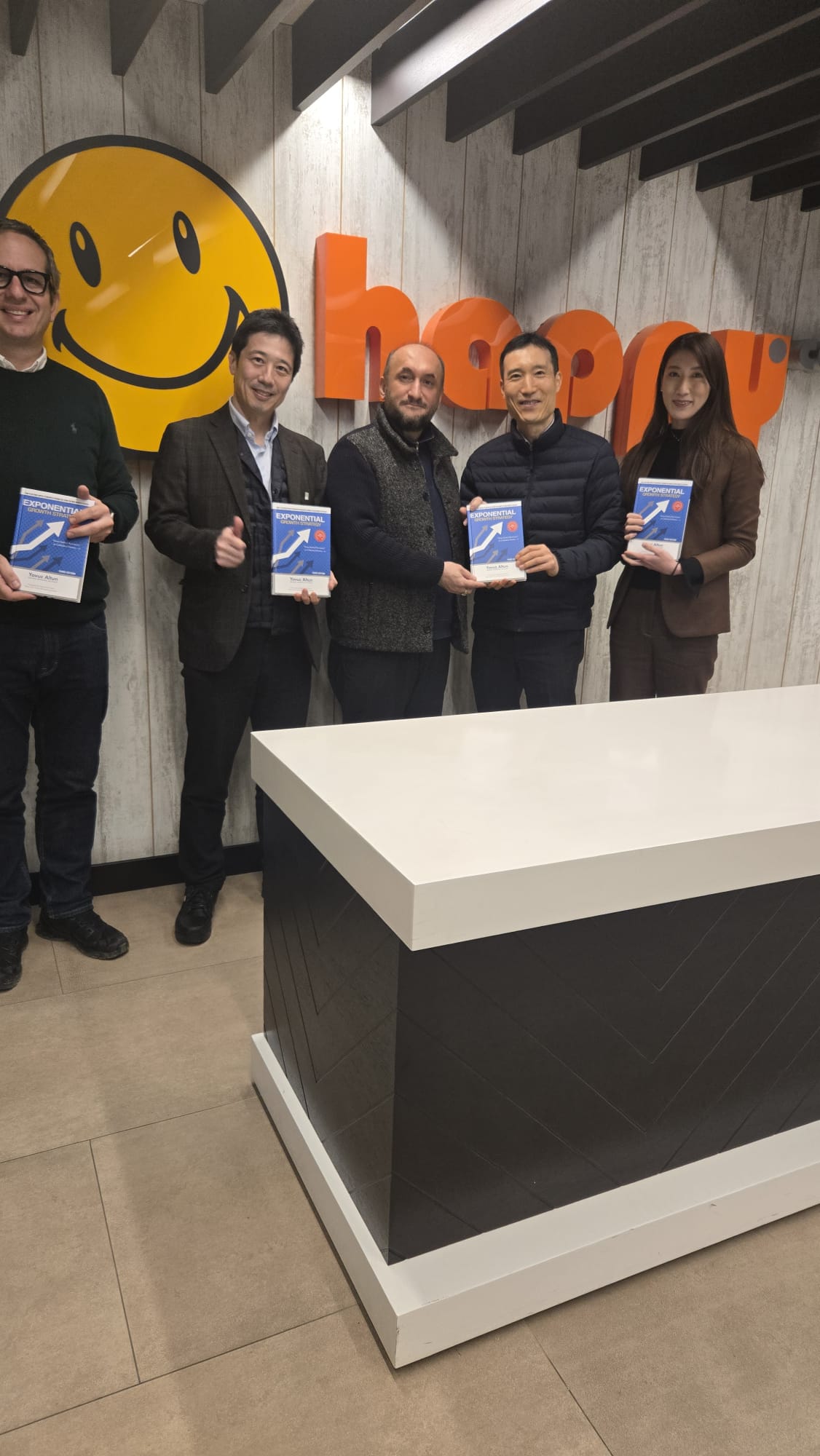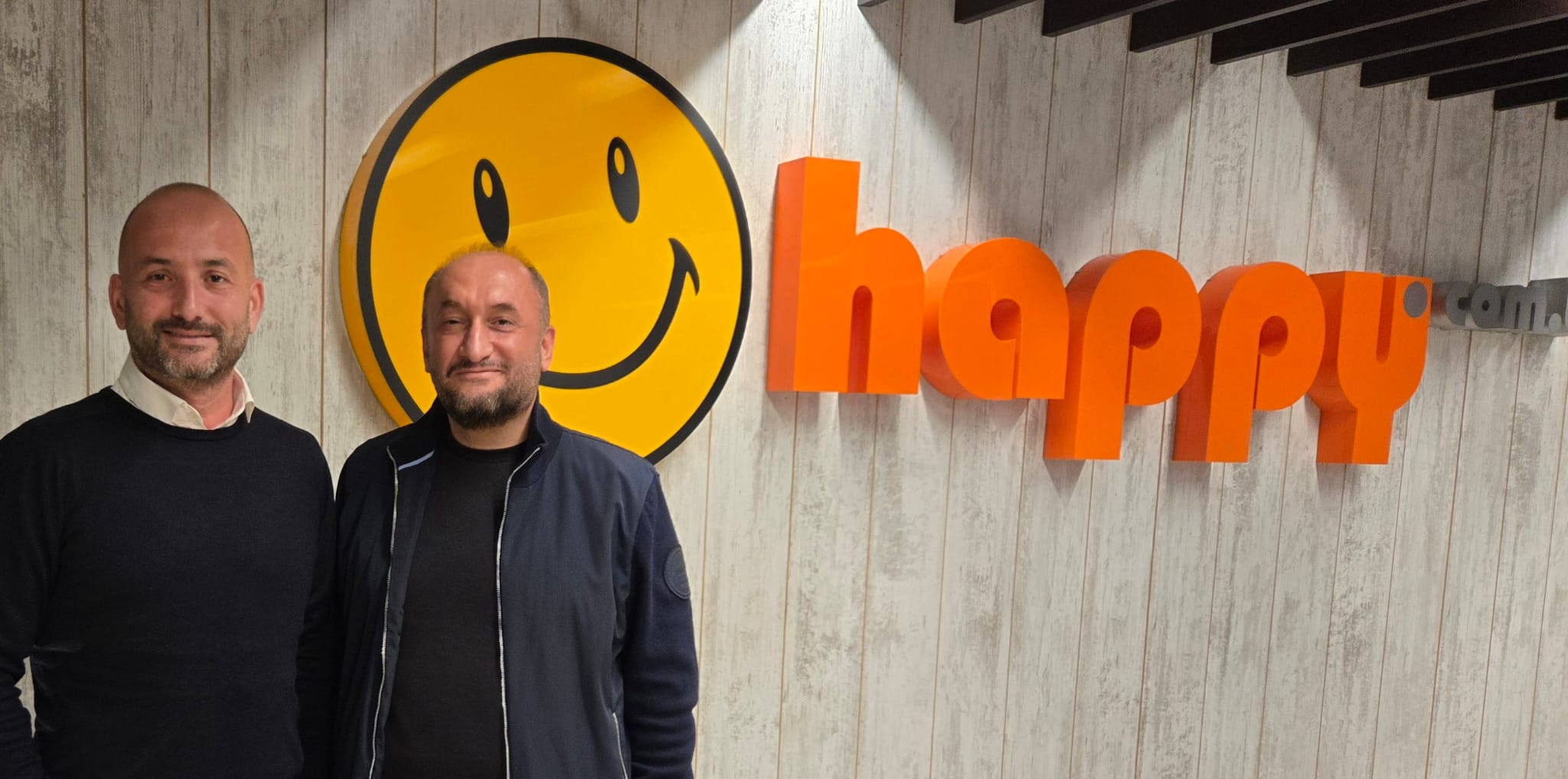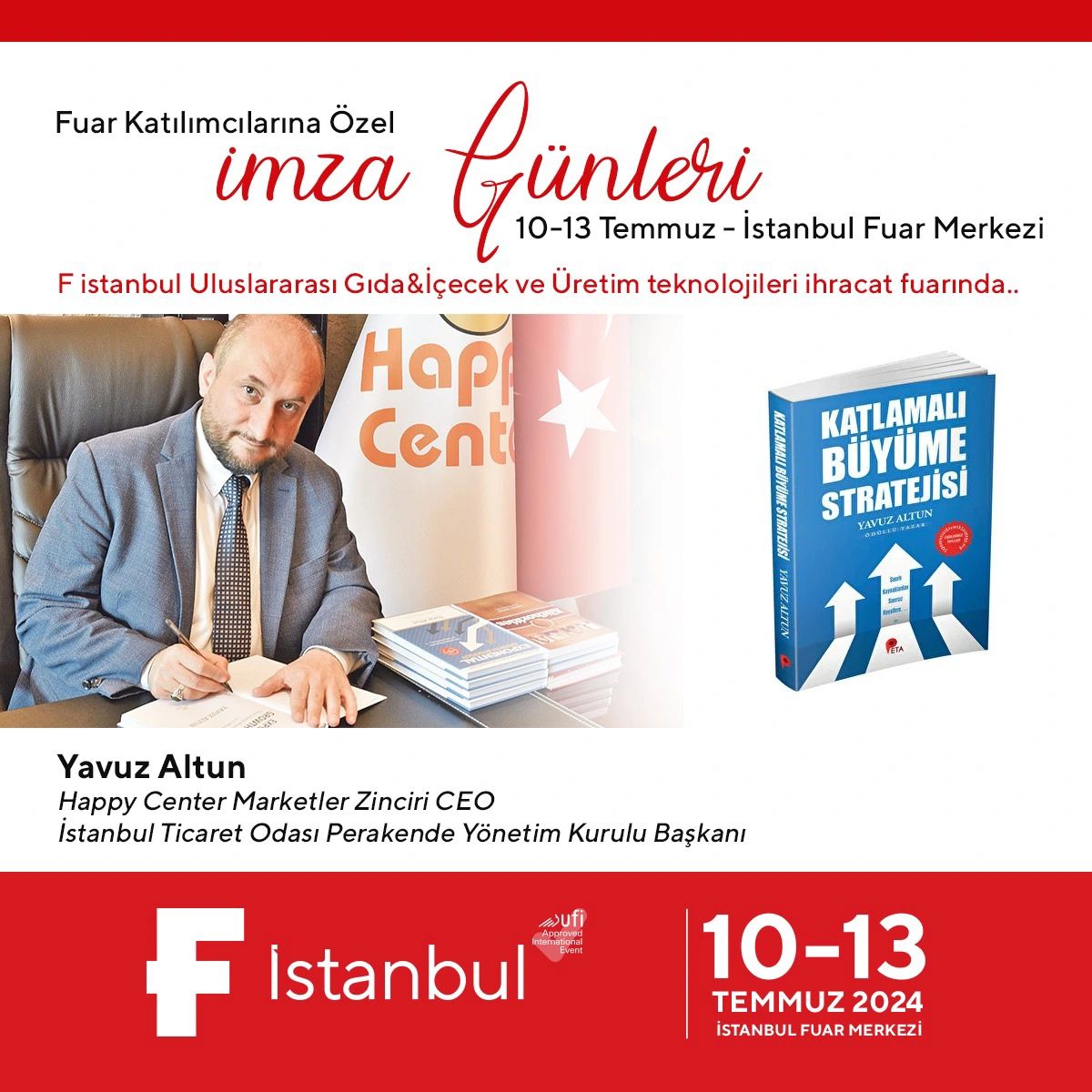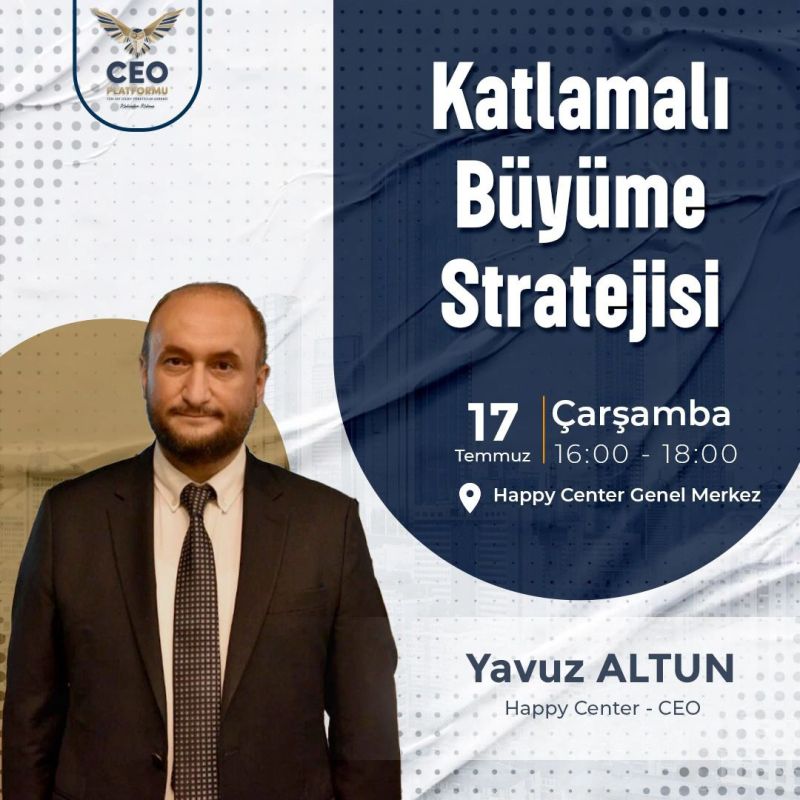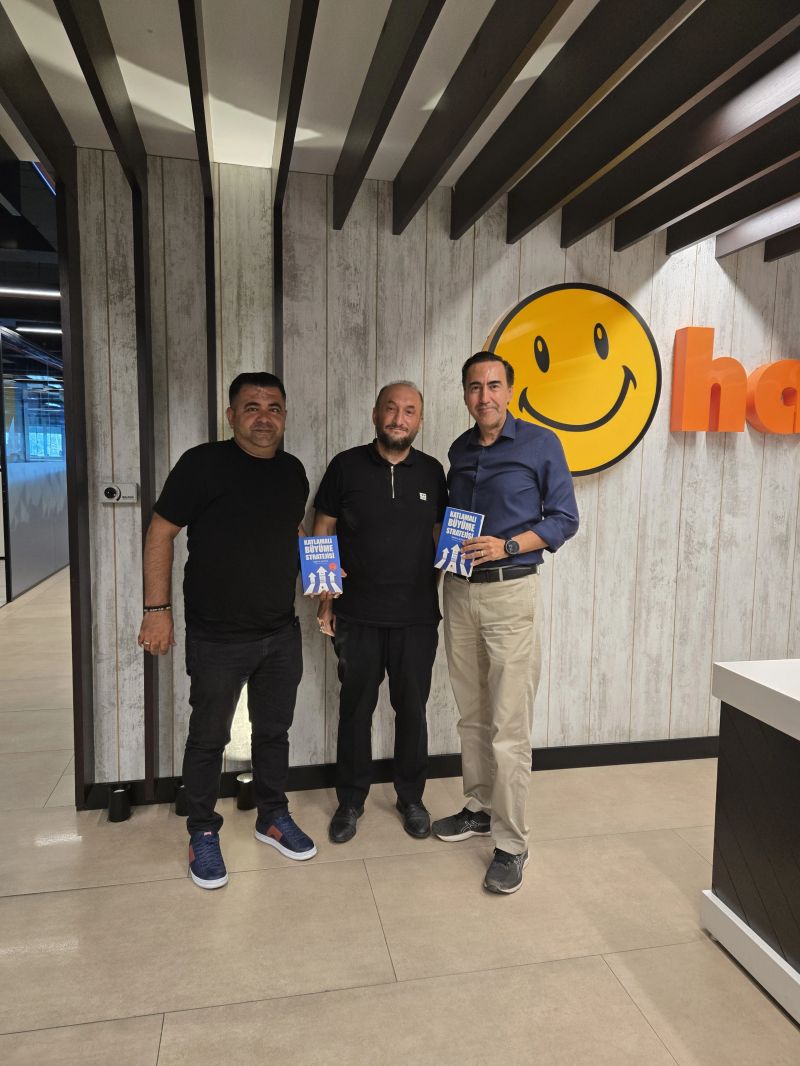Dale Carnegie couldn’t have said it better when he said that to win more
friends and influence more people, you need to improve your interpersonal
skills. Several years of research on power and influence shows that people
with superior social skills are substantially more influential than people with
average social skills.
These findings make sense when you realize that influence is not something
you have; it’s something other people give you. In other words, you can’t be
influential with people unless they allow you to be influential with them. So
influence is, in large part, a function of your relationship with other people,
and the rule of thumb on influence is that you are likely to be more successful
if the people you want to influence know you, like you, respect you, and trust
you.
Being Known
It is significantly easier to influence people you know than people you
don’t. So do the most to make yourself known. Socializing is one of the most
frequently used techniques globally. If socializing isn’t one of your strong
suits naturally, then you might want to put in some work to build this skill.
Socializing generally comes easy to extroverts, but being an introvert doesn’t
exactly put you in a bad spot. It just means you have to dig deeper or try
harder to do something that doesn’t come to you naturally.
Being Liked
At some point, you’d come across someone you want to influence, but
you wouldn’t get as far as you’d like to go with that person because of bad
chemistry. There is a significant power in attraction, and it takes part in the
psychological principle of liking. We have a greater tendency to say yes to
people we like than to people that we don’t; it’s primordial instinct. And this
is why people who are friends with one another are more likely to do stuff for
each other than they would attempt for people they don’t know. So to wield
more power, it follows that you do what you can to be more likable to the
people you are looking to influence.
Being Respected and Trusted
Character, credibility, and confidence all have a bearing on trust. Character
is built through courage, integrity, reliability, and similar character traits.
Credibility is formed through knowledge, access to information, role, and
reputation. Confidence comes from behaving self-confidently, scoring
topnotch results consistently, making sound decisions, and exhibiting good
judgment.
It happens that no one is born with a fixed amount of power and influence.
Regardless of who you are or what you were born into, you can build up your
level of power and influence. A good way to do that is by working on your
interpersonal and social skills. They stand you in good stead and get you on a
strong footing when it comes to dealing with people or situations.
